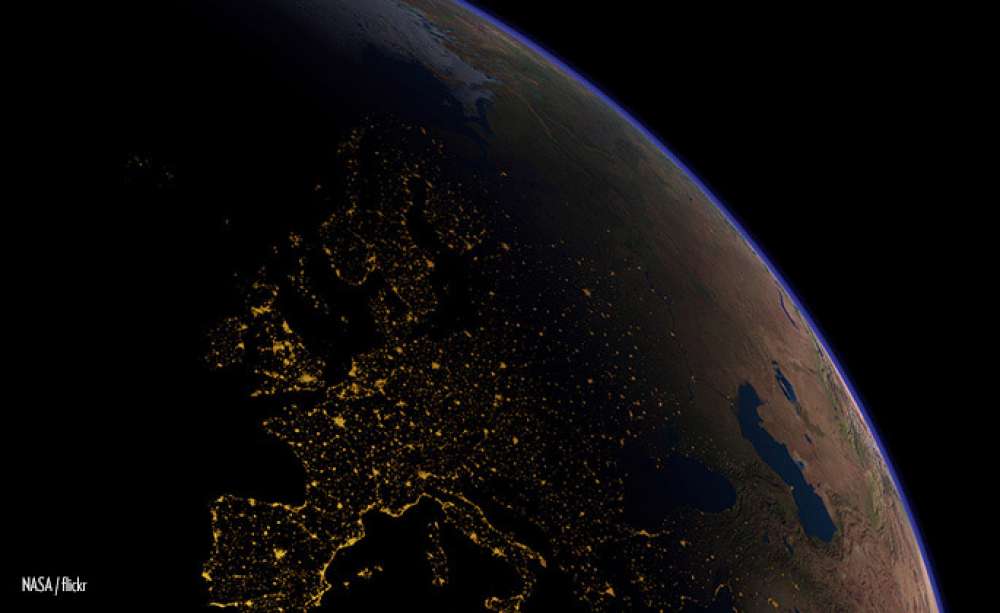Book
A Liberal Actor in a Realist World
The European Union Regulatory State and the Global Political Economy of Energy

Source: NASA / Flickr
By
Andreas Goldthau,
Nick Sitter
13 Aug 2015,
published in
Oxford University Press
Since 1992, the European Union has put liberalization at the core of its energy policy agenda. This aspiration was very much in line with an international political economy driven by the neo-liberal (Washington) consensus. The central challenge for the EU is that the energy world has changed, while the EU has not. The rise of Asian energy consumers (China and India), more assertive energy producers (Russia), and the threat of climate change have securitized the IPE of energy, and turned it more “realist.” The main research question is therefore: “What does a liberal actor do in a realist world?” The overall answer as far as the EU is concerned is that it approaches energy challenges as a problem of market failure: imperfect competition on the supply side; inadequate supply of public goods on the demand side and in terms of infrastructure; and large externalities that arise both from non-energy events and from large-scale consumption of fossil fuels. A Liberal Actor in a Realist World assesses the changing nature of the global political economy of energy and the European Union’s response, and the external dimension of the regulatory state. The book concludes that the EU’s soft power has a hard edge, which is derived primarily from its regulatory power. This works best when it targets companies rather than governments, and it is more effective in the “Near Abroad” than at the global level. This makes the EU emerge an actor in its own right in the global political economy of energy — a “Regulatory Power Europe.”
…
The book is now available from Oxford University Press and Amazon.







